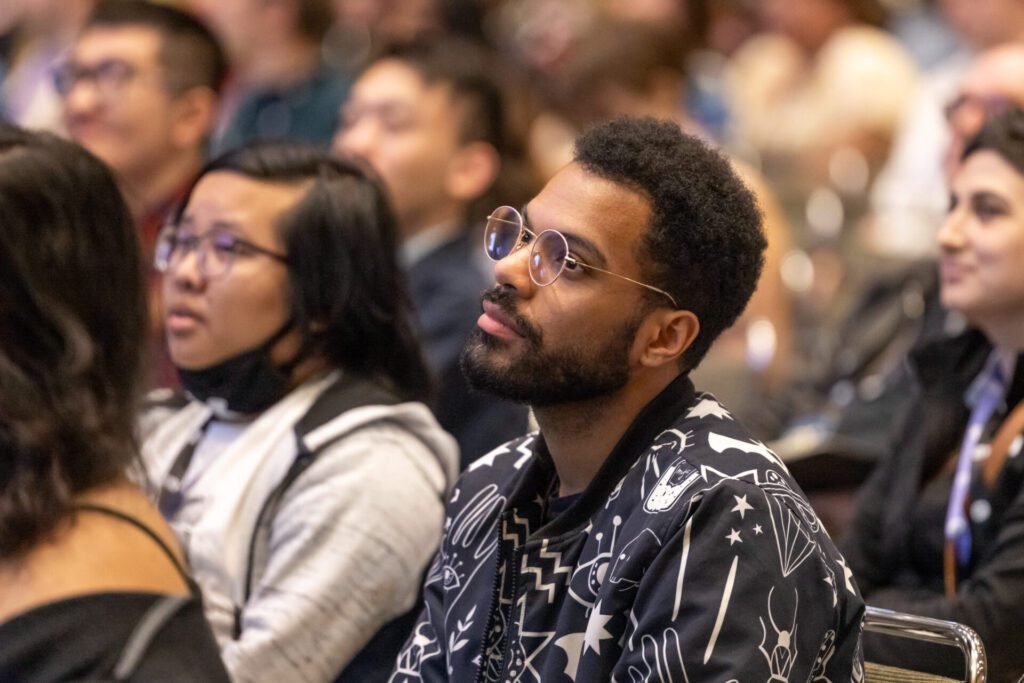5 Tips on Writing: With Jamar Muslar
I, Jamar Muslar, first and only of my name, didn’t always think I was a writer, but I did always think I was a storyteller. I was not much of a reader as a kid due to much undiagnosed dyslexia, but enamored with the little worlds that lived in my television. Because of them, I knew I wanted to make magic. After years of role-playing, video games, TV, writing stories with my friends in high school, I wouldn’t have said I was a writer until halfway through college. Now I’ve professionally written mostly in the gaming sphere, both video and table top, as well as chipping away at a graphic novel that will bring that magic I wanted to life. Now I know I’ve been writing, in my own way, for my whole life.
Currently based in Atlanta, I find I specialize in trying to be the best little weirdo in any group I’m a part of. I was used to seeing the media and loving it and never seeing anything quite right for me to mentally imprint on. I latched onto games because of RPGs where you could make your character look exactly how you want then proceed to romance who you want and be as magical as can be (it was a very specific RPG at the time). I work to give people that feeling without having to put in their own work for something entertaining, and something my friends and I would have wanted when we were wee babes.
Hooking Your Audience
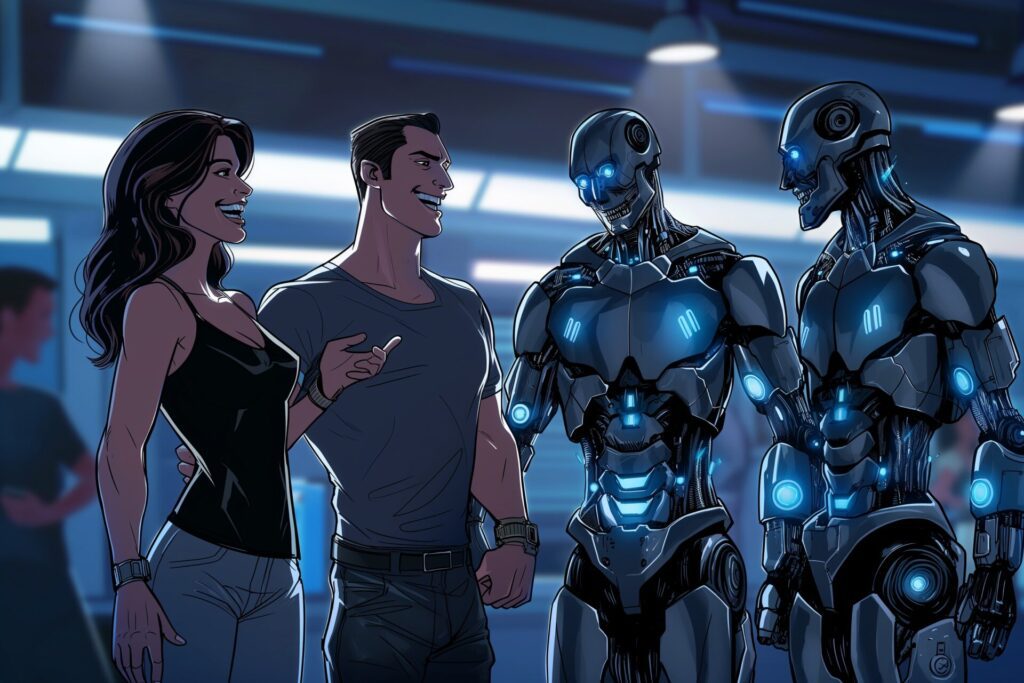
I think that while concretely you will get a lot of (very good) advice about starting where things are moving, or establishing a world, or any number of (again, very good) advice, but it all comes back to one thing; Did you the writer enjoy it? I watched a lot of shows, played a lot of games, and wrote the beginnings of stories many many many times over. Enjoying the moment that is supposed to hook you is all that matters. You have to start looking inward a little bit.
When I say enjoy, I wanna talk about what exactly made you excited about writing what you’re writing? Is there a cool game mechanic you want to show off? Is there a very specific question you want to have your enjoyers ask? Is there an emotion or concept you want them to have walking into it? These things are what makes starting where the action is or learning about the world important ways, cause they usually are what the writer wants to be writing!
And let’s face it, starting a project can be hard. This, combined with understanding who your target demographic is, or even who the person it is for (sometimes the target demo is two whole humans on this planet) is what makes a strong hook. People love connections, you should let them connect with you (within reason).
Mastering Plot Development
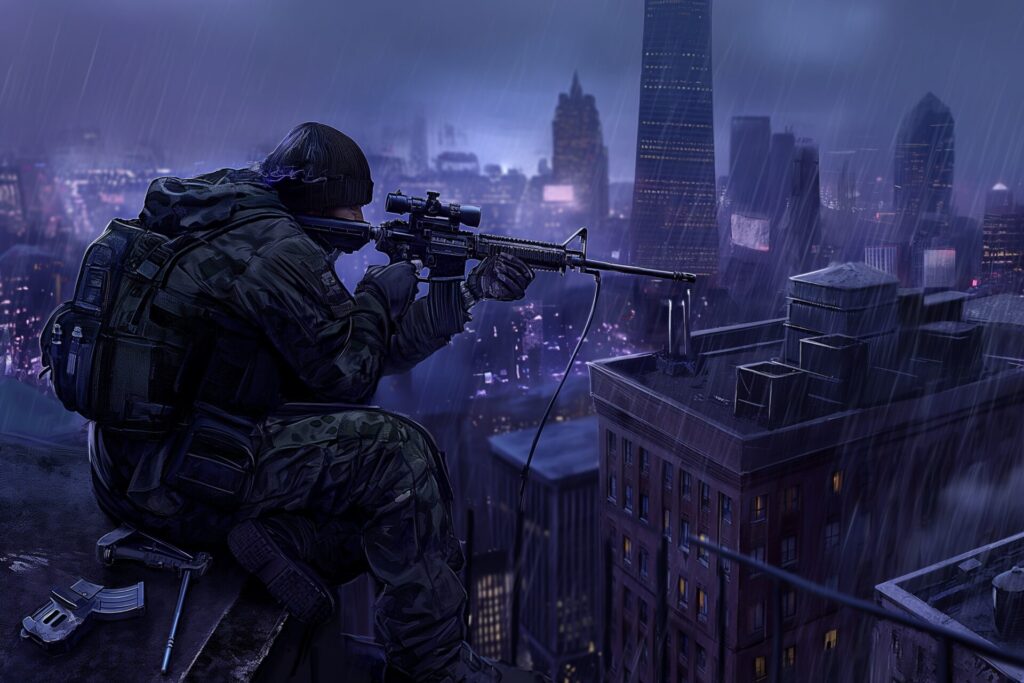
“What’s the point?” That’s plot development. Everyone knows the hero’s journey and has gone on their hero’s journey with how they feel about the hero’s journey. The fact of the matter is, the plot is the work. As an exceedingly neurodivergent person, plot sometimes comes to me as a specter in the middle of the night that beats me over the head until I get to the “eureka!” moment. That is not reliable. So instead, my tip is this: The little moments that you feel amazing about, that play over and over in your head, are the misshapen stones you will shave down, arrange, and stick together with a plot-mortar.
Starting with macro-arcs (emotional, physical, spiritual) you begin to discover the through line of what your story wants to be. From them you start to see how to arrange it, what kind of shaves you have to make, and what kind of plot-mortar to glue together.
Effective World-Building Strategies
World-building is my favorite thing. Once you kind of know your “point”, it becomes easier to know what kind of world needs to be made to make that point. The world, much like character development, is as much a living breathing thing as the rest of the components. When I start a new world building endeavor, I find what my mind latches onto the most and it is the seed of yggdrasil to which this new world is born. Armed with this seed and the point you want to make, you can start creating something fun.
Sometimes the seed is given to you, by your narrative or creative director, but even in those moments, you find the point you want to make within the seed. Even if you start with something ‘cliched’, you will impart your experience, your ideologies, and begin making something truly interesting. In the end, as it grows, be sure to revisit your point and your seed, and be sure you stay true to those things as best you can.
Techniques for Character Development
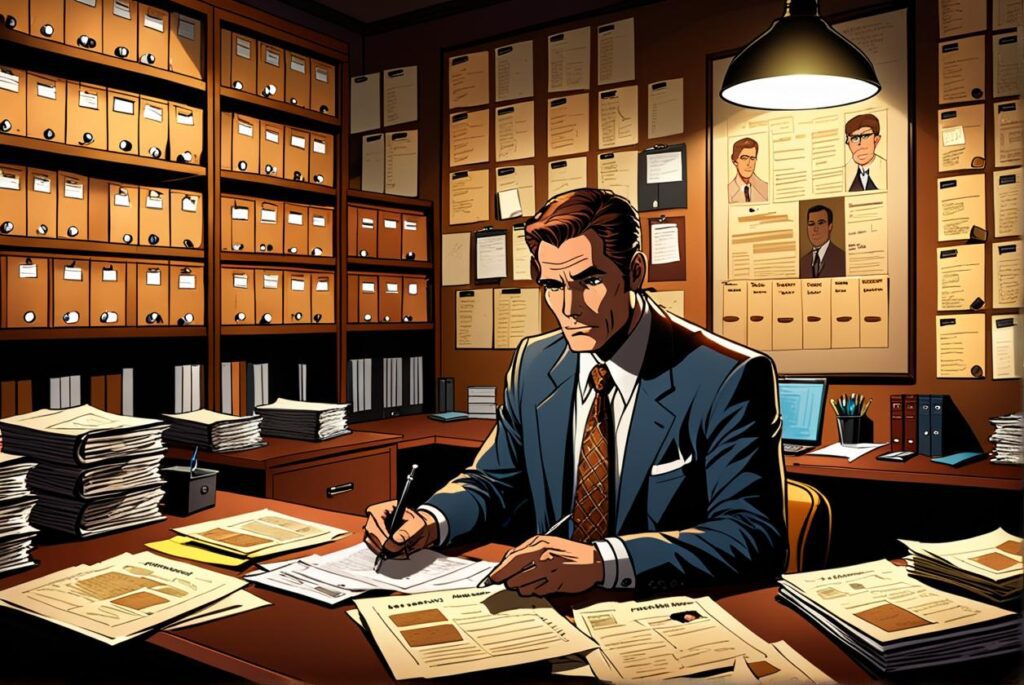
I don’t know if I drove it home that you need to know, or know the general direction of, the point. For most characters, people always talk about goals, which is always good. Everyone has goals, large and small. My biggest tip, and this one can be thought of as an actual tip, is what is your character afraid of? I don’t mean spiders either. I need mental scares, trauma, psychological damage. No human has ever gone through life without a trauma, as life is traumatic, and if they didn’t it wouldn’t be much worth writing about.
Even if that trauma is like “my mom is a career woman and doesn’t nurse me like a baby”, you can see the kind of person who lives with that. How they may view women or womanhood in general? There is so much you can take by finding a trauma to which you can grow other facets of their world view, of their view of themselves. In some circles (mine) we call this a character’s ‘ghost’. The phantasm of an issue that stays with them. It may not even be part of the plot per se, but from it you can be the proud parent of many many mentally ill fictional children.
Crafting Meaningful Decisions
I know I’ve been rather long winded so far, but for this, I will be short and sweet(ish). Choices don’t always need to be violently reactive. Some of the most impactful choices are “I love red” vs “I love blue” especially for people who love choices in their games.
Even if it changes the color of a single window, someone will agonize over that choice. Your choices just have to feel defining, either in character or in the world (or even both, we love both!).
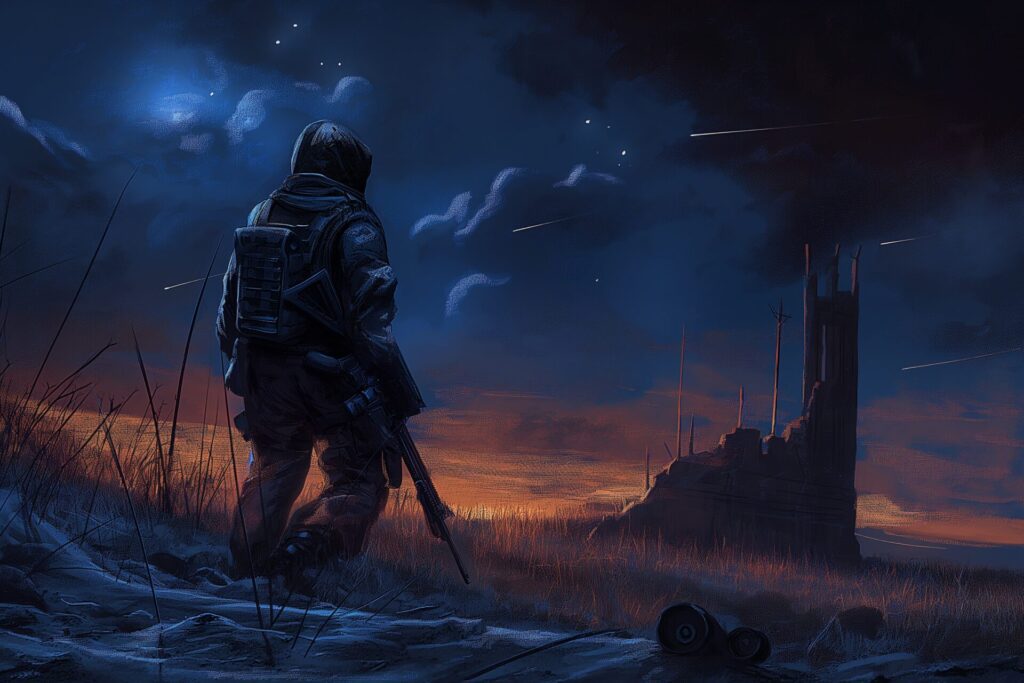
Writing & Narrative Design Skills
I am a very embodying writer. If I write dialogue, I have to feel the dialogue. This means that when I am thinking of choices, I just have to engage my own curiosity when making various choices to see where I could want the power fantasy if any to go.
I also enjoy finding ways to embolden choices made to feel more grounded in the world, adding even snippets to bolster reactivity to choices that change the way you play. If I make being a mage an option, I will make you the magiest mage if I can help it.
A Wish for Interactive Audio Stories
This is my Dragon Age bias but I am sure you could set any audio drama story in Thedas and I would need to play it. As long as there’s a little mage in there, I’m good.
Register for our Free Writing Workshop now!
If you are interested in creating your own interactive audio story, you can apply for our free webinar! It will introduce you to our interactive story game engine, TWIST, and teach you how to use it to create interactive audio stories.
Interested in contributing to our blog series?
If you would also like to publish a blog post on our website and share your own story with interested readers, simply fill out the contact form.

